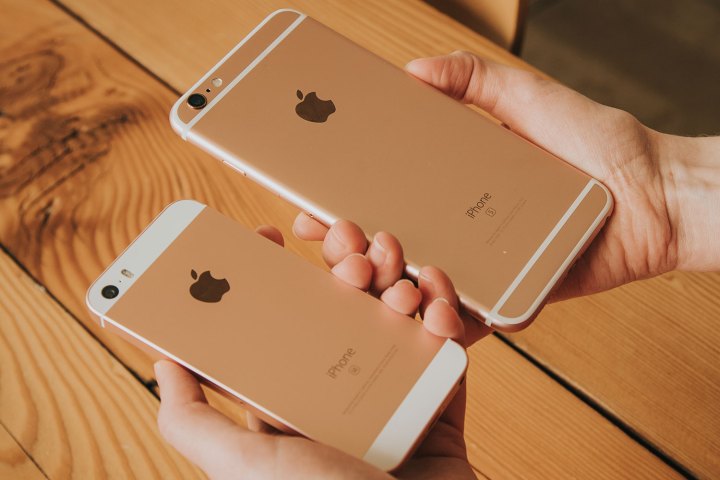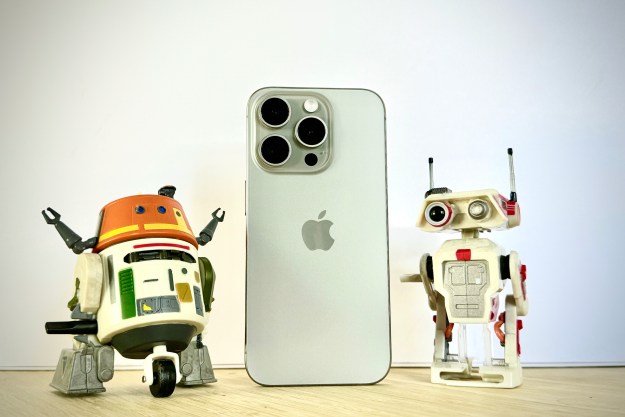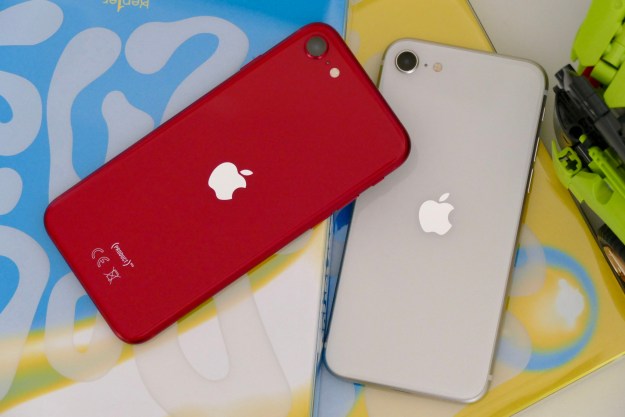
Consumer Intelligence Research Partners discovered that iPhones bought from Apple stores went down 5 percentage points since 2013 to 11 percent last year. At the same time, iPhones sold by wireless carriers grew to 76 percent from 65 percent, according to The Wall Street Journal.
The remaining 13 percent of devices were sold from third-party retailers like Best Buy.
While it’s not entirely a bad thing for Apple, as wider distribution means more people getting the chance to purchase an iPhone, it does cut into Apple’s profits. Also, purchasing directly from Apple means there’s less of a chance for consumers to walk away with a different device.
What’s happening to iPhones is also affecting iPads, as 2015 sales of Apple’s tablets by carriers increased 12 percent from 2013. Apple remained at 23 percent for iPads, which means the carriers gained cosumers from the likes of Amazon and Best Buy.
Again, it’s not all bad for the Cupertino company, as it still managed to sell about 50 percent more iPhones worldwide in 2015 from 2013. And if you want a Mac, Apple is still the place to go, as the company managed to make 44 percent of all U.S. Mac sales in 2015.
With Apple releasing a new device every year, consumers want the latest and greatest and are likely resorting to carrier leasing deals, such as T-Mobile’s $5 per month plan for an iPhone 6S, as long as you trade in an iPhone 6 or 6 Plus. Apple recently launched a similar plan, the iPhone Upgrade Program, as it looks to compete with carriers. People who go the route of Apple’s upgrade plan get two years of AppleCare+ thrown in.
Editors' Recommendations
- This one Apple Fitness feature completely changed how I exercise
- AirTags range: here’s how far the tracker can reach
- Nomad’s new iPhone case and Apple Watch band may be its coolest yet
- 5 phones you should buy instead of the iPhone 15
- iPhone 16: news, rumored price, release date, and more


